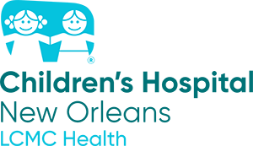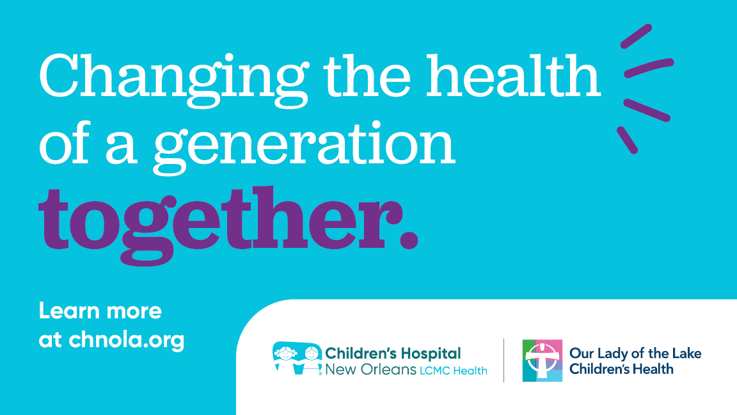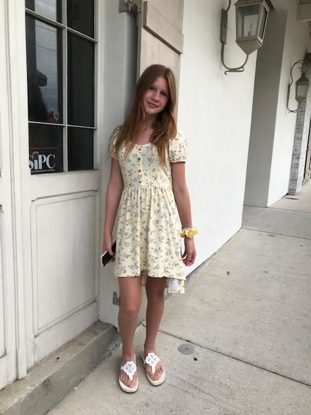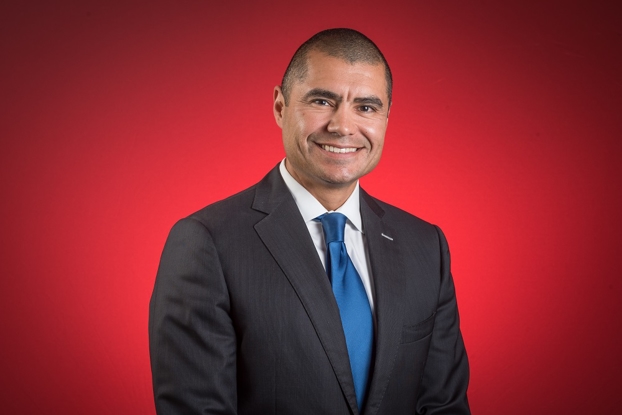Resources for families following the tragedy in Uvalde
- Category: Parenting
- Posted on:
- Written By: Julie Kaplow, PhD, ABPP, licensed clinical psychologist

Following the tragic shooting that occurred yesterday at Robb Elementary School in Uvalde, Texas, parents, caregivers, teachers, and school professionals may have questions and concerns about how to address children's reactions to this devastating tragedy.
Children's Hospital New Orleans is here to serve as a resource for families through this unthinkable, and incredibly challenging times such as these. Below please find resources that can provide guidance and support, along with information about the Trauma and Grief (TAG) Center at Children's Hospital, available as a resource for our school communities.
The TAG Center provides evidence-based assessment and treatment for children and adolescents, ages 8 to 18, who have experienced any form of trauma, including ongoing community violence. Using state-of-the-art screening tools, the TAG Center ensures that youth receive the most appropriate and effective treatments. Learn more about our services and how to make an appointment >>
The National Child Traumatic Stress Network has developed resources to help children, families, educators, and communities navigate what they are seeing and hearing, acknowledge their feelings, and find ways to cope together. These resources include:
- Talking to Children about the Shooting
- Helping Youth After a Community Trauma: Tips for Educators (En Español)
- Talking to Children: When Scary Things Happen (En Español)
- Talking to Teens about Violence (En Español)
- Tips for Talking to Students about Violence
- Coping After Mass Violence: For Adults
- For Teens: Coping After Mass Violence(En Español)
- Helping School-Age Children with Traumatic Grief: Tips for Caregivers (En Español)
- Helping Teens with Traumatic Grief: Tips for Caregivers(En Español)
- Helping Young Children with Traumatic Grief: Tips for Caregivers (En Español)
- Guiding Adults in Talking to Children about Death and Attending Services
- After a Crisis: Helping Young Children Heal
- Age-Related Reactions to a Traumatic Event
- Once I Was Very Very Scared – children’s book for young children
- After the Injury—website for families with injured children
- Health Care Toolbox—website for pediatric health providers working with injured children
- Pause-Reset-Nourish (PRN) to Promote Wellbeing (En Español) (for responders)
Psychological First Aid
The NCTSN also has resources for responders on Psychological First Aid (PFA; En Español). PFA is an early intervention to support children, adolescents, adults, and families impacted by these types of events. PFA Mobile and the PFA Wallet Card (En Español) provide a quick reminder of the core actions. The PFA online training course is also available on the NCTSN Learning Center.
Additional PFA resources for schools include:
- Psychological First Aid for Schools (PFA-S) – Field operations guide
- Providing PFA-S: For Health-Related Professionals – handout
- Providing PFA-S: For Principals and Administrators – handout
- Providing PFA-S: For School Support Staff – handout
- Providing PFA-S: For Teachers - handout
From the National Mass Violence and Victimization Resource Center
- Transcend (mobile app to assist with recovery after mass violence)
- Rebuild your Community: Resources for Community Leaders
- Media Guidelines for Homicide Family Survivors
- Timeline of Activities to Promote Mental Health Recovery
- Self-Help: Resources for Survivors
- E-learning Courses: Trainings for Clinicians
- Resources for Victim Assistance Professionals
From the Center for the Study of Traumatic Stress at the Uniformed Services University
- Grief Leadership: Leadership in the Wake of Tragedy
- Leadership Communication: Anticipating and Responding to Stressful Events
- Coping with Stress Following a Mass Shooting
Disaster Helpline
SAMHSA has a Disaster Distress Helpline – call or text 1-800-985-5990 (for Spanish, press “2”) to be connected to a trained counselor 24/7/365.
Julie Kaplow, PhD, ABPP, is a licensed clinical psychologist, board certified in Clinical Child and Adolescent Psychology. Dr. Kaplow serves as Executive Director of the Trauma and Grief Centers at the Children’s Hospital New Orleans and The Hackett Center for Mental Health in Houston. She is also Professor of Psychiatry at Tulane University School of Medicine. In these roles, she oversees the development and evaluation of novel treatments for traumatized and bereaved youth and disseminates trauma- and bereavement-informed “best practices” to community providers nationwide. Following Hurricane Harvey, Dr. Kaplow and her team provided evidence-based risk screening and interventions to children and families adversely affected by Hurricane Harvey and its aftermath. She also helped to establish the Santa Fe Resiliency Center following the Santa Fe High School shooting in Texas, where her clinicians have provided evidence-based assessment and treatment to families impacted by the shooting. Prior to joining CHNOLA, Dr. Kaplow served as Chief of Psychology and Vice Chair for Behavioral Health in the Department of Pediatrics at Texas Children’s Hospital/Baylor College of Medicine. Dr. Kaplow received her BA in Psychology from the University of Michigan and her PhD in Clinical Psychology from Duke University. She completed her internship at Boston Children’s Hospital/Harvard Medical School followed by postdoctoral training at the Center for Medical and Refugee Trauma at Boston Medical Center.



